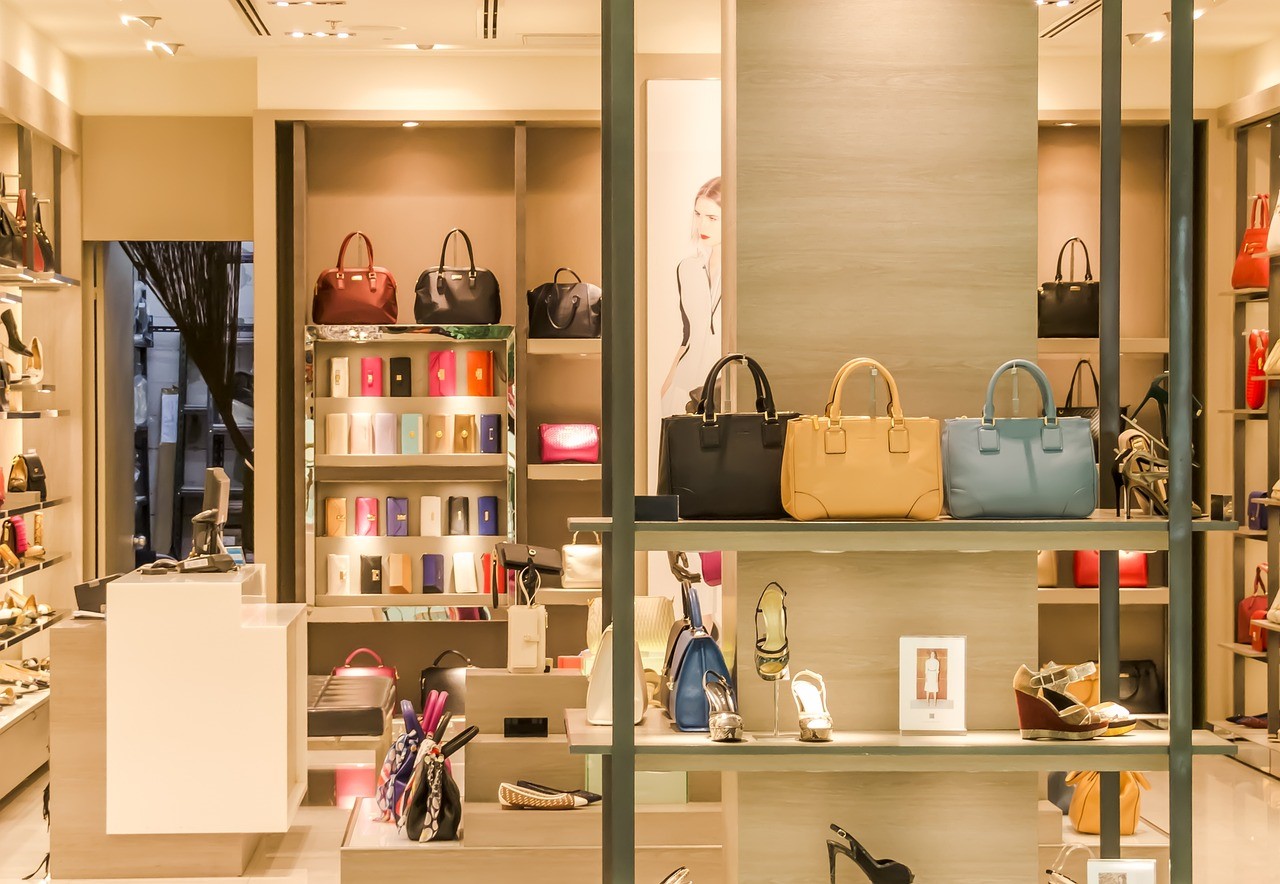
25 Jan Couture Sustainability: How Ultra-Luxury Fashion is Going Green 2025
Couture Sustainability: How Ultra-Luxury Fashion is Going Green in 2025
Introduction: The Evolution of Luxury and Sustainability
Couture Sustainability: How Ultra-Luxury Fashion is Going Green 2025. The world of ultra-luxury fashion is undergoing a groundbreaking transformation. In 2025, brands are prioritizing sustainability without compromising exclusivity or quality. From eco-conscious materials to innovative production techniques, luxury is going green like never before.
Why Sustainability Matters in High-End Fashion
Sustainability is no longer optional; it’s a necessity. The environmental impact of fast fashion is well-documented, but ultra-luxury brands are not exempt from scrutiny. Consumers demand transparency, and companies are rising to the occasion.
- Consumer Trends: Buyers now prioritize ethical values alongside elegance.
- Environmental Impact: Reducing carbon footprints and waste is vital for long-term success.
Sustainable Materials Redefining Couture
Luxury fashion houses are embracing materials that are as eco-friendly as they are luxurious.
Organic and Recycled Fabrics
Brands like Stella McCartney have pioneered the use of organic cotton and recycled polyester. Learn more about their efforts.
Innovative Textiles
Technological advances have led to bioengineered leather and silk alternatives, reducing the need for animal products. Companies such as Bolt Threads are leading this change.
Circular Fashion Initiatives
Labels are now embracing circularity by reusing and upcycling materials. This minimizes waste while creating unique designs.
Eco-Friendly Production Processes
Adopting sustainable manufacturing practices is key to reducing environmental impact.
Low-Impact Dyeing Techniques
Traditional dyeing methods consume significant water. Alternatives like digital printing and natural dyes are now widely adopted. Check out more on natural dyeing.
Local Sourcing
Luxury brands are investing in local artisans and suppliers to cut down on transportation emissions while supporting communities.
Carbon-Neutral Factories
Factories powered by renewable energy are becoming a hallmark of eco-conscious brands.
Leading Luxury Brands Setting the Standard
Several iconic brands have integrated sustainability into their core missions.
- Gucci: Their Gucci Equilibrium initiative focuses on transparency and carbon neutrality.
- Chanel: With innovations in sustainable beauty and fashion, Chanel’s efforts reflect a commitment to long-term impact.
- Hermès: By experimenting with mushroom leather, Hermès demonstrates a forward-thinking approach to sustainable luxury.
Certifications Ensuring Ethical Practices
Certifications provide credibility and reassure consumers about ethical practices.
Global Organic Textile Standard (GOTS)
This certification ensures organic status at every production stage. Explore more about GOTS.
Fair Trade
Fair Trade guarantees ethical treatment of workers and fair wages, ensuring social responsibility.
Carbon Neutrality Certifications
Brands achieving carbon-neutral status highlight their dedication to reducing greenhouse gas emissions.
The Role of Technology in Sustainability
Technology is a game-changer in making luxury fashion more sustainable.
Blockchain for Transparency
Blockchain technology allows customers to trace a product’s journey from raw materials to the final item. Discover blockchain in fashion.
AI-Driven Design
AI helps reduce material waste and streamline production, making couture more efficient and eco-friendly.
3D Printing
3D printing minimizes waste by creating made-to-order garments with precision.
Consumer Responsibility in Sustainable Fashion
While brands are taking significant strides, consumers play an essential role in promoting sustainability.
Investing in Timeless Pieces
High-quality, timeless designs reduce the need for frequent purchases.
Participating in Resale Markets
Platforms like Vestiaire Collective make it easy to buy and sell pre-loved luxury items.
Demanding Accountability
Consumers have the power to demand transparency and hold brands accountable for their practices.
The Future of Ultra-Luxury Sustainability
The road to a fully sustainable fashion industry is long, but progress is evident. By 2025, ultra-luxury fashion is proving that elegance and environmental responsibility can coexist.



